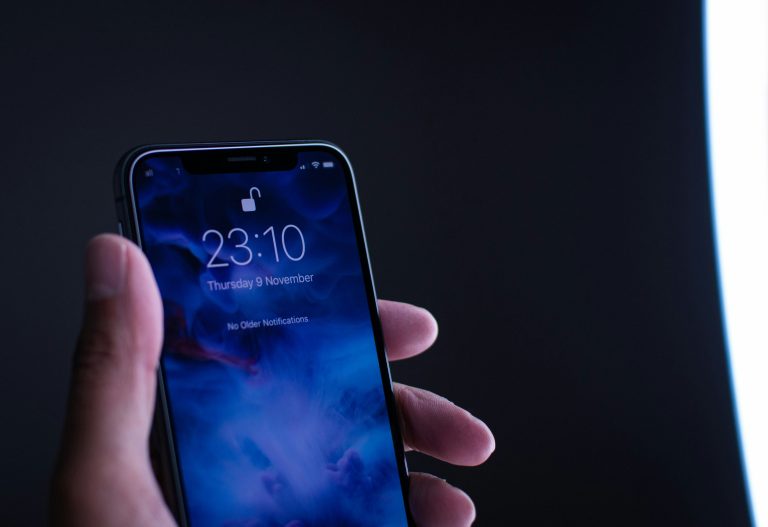Samsung has already integrated Google’s advanced Gemini AI into its Galaxy smartphones, bringing artificial intelligence directly into users’ daily lives and reshaping the smartphone experience.
The explosive growth of artificial intelligence (AI) is transforming the smartphone industry faster than ever before. Across the globe, AI-powered devices are revolutionising how people communicate, create, and interact with technology.
A decade ago, touchscreen innovation changed mobile phones forever, followed by the camera revolution, which redefined how people captured their lives. Today, the next big leap centres on AI integration — and Android manufacturers are leading the charge, while Apple appears to be playing catch-up.
Apple offered an early glimpse of AI through Siri, but the assistant’s limited capabilities have left users wanting more. While Apple continues to develop Apple Intelligence features, Google and Samsung have already delivered powerful AI experiences that consumers are using today.
Samsung’s Galaxy lineup now includes Google’s Gemini AI, while Google’s newly launched Pixel 10 is packed with practical AI tools designed for everyday use. Reports highlight its impressive capabilities, including a Camera Coach for superior photography, instant voice translations in 12 languages, and the Magic Queue feature, which quickly pulls information from emails, calendars, and messages. Pixel 10 also introduces a fitness coach that creates personalised health and exercise plans, transforming smartphones into intelligent lifestyle companions.
Samsung’s integration of Gemini AI underscores its ambition to dominate both hardware and software innovation, offering tools that blend seamlessly into daily routines.
AI-powered smartphones are evolving far beyond photo enhancements and translation. They now provide real-time voice communication across languages, personalised health recommendations, dynamic visual editing, and context-aware assistance — redefining the smartphone’s role from a device to an intelligent partner.
According to The Wall Street Journal, citing multiple market studies: “Even if AI seems unnecessary today, in the future, life without AI-enabled smartphones will be unimaginable.”
History suggests the same. When smartphones first introduced email access, many questioned the need — today, most users rarely open a computer just to check their inbox.
For now, Android leads the AI race, but Apple still holds strong advantages with its brand power, user trust, and ecosystem integration. However, its slow AI adoption poses potential long-term risks. To compete, Apple must deliver practical, user-centric AI features, similar to Google and Samsung. Yet, given its track record, Apple still has the potential to disrupt the industry when it finally makes its decisive move.


